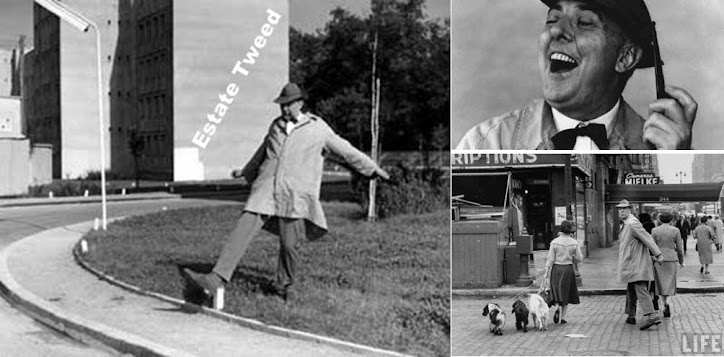don't let the bastards grind you down
Writer of seminal "angry young men" texts "Saturday Night and Sunday Morning" and "The Loneliness Of the Long Distance Runner" Alan Sillitoe died last weekend at the age of 82. Along with Colin Wilson and (perhaps most famously) John Osbourne, Sillitoe seems to typify that breed of rebellious, disaffected writer who emerged from the misery of rationing in the wake of WW2 to challenge the cosy notions and petty predudices of British life
Sillitoe came from a background which nowadays would be characterised as deprived, making his story rather different from that of his mainly grammer school educated contemporaries
Sillietoe left school at 14 to work in the giant Raleigh Bicycles Factory in Nottingham - the setting for his first novel, Saturday Night and Sunday Morning - in which anti-hero Arthur Seaton rails against authority and conformity in a very English version of Brando's "What are you rebeling against?" " What have you got?"
By the time of his first success Sillitoe was living in the South of France. The French saw in him a successor to Camus, an Outsider's Outsider. He remained abroad most of his life
His second published work, The Loneliness of The Long Distance Runner and Other Stories was an immediate commercial and critical success. It was filmed starring Michael Redgrave and Tom Courtney in 1961. The story of a disaffected Borstal Boy who deliberately loses a cross country race which he could easily win in order to spite the Borstal's Governor, chimed with the times and resonated with a generation of young men who had money in their pockets and were (for the first time in a generation) free to grow up without the spectre of national service hanging over them
Throughout the remainder of his working life, Sillitoe found it difficult to shake of these connections back to "Kitchen Sink Drama". He remained a respected and celebrated literary figure in France but became largely forgotten in the UK
The Raleigh factory in Nottingham closed in November 2002, in the same week that marked the death of Saturday Night and Sunday Morning's Director, Karl Reizs. The story sees Seaton’s initial rebelliousness diminished by several key events; including a relationship with a ‘well-to-do’ steady girlfriend, Doreen (Shirley Anne Field), an affair with a married woman which leads to a terrifying back-street abortion and the subsequent punishment beating doled out by the aggrieved husband and his heavy-handed associates
Ultimately, Seaton looks beyond the limited horizon of dark terraced streets and considers married life on a brand new council estate. The final scene appears to suggest that ‘the price of social mobility is submission and conformity’
Neither Alan Sillitoe nor Raleigh Industries will be seen by Nottingham again. The remaining bit of the Raleigh factory site has been redeveloped as city penthouses. It is possible then that a present day Arthur Seaton will one evening arrive home from his white-collar sweatshop to realise that the themes expressed in 'Saturday Night and Sunday Morning' are as true today as they’ve ever been


0 comments:
Post a Comment